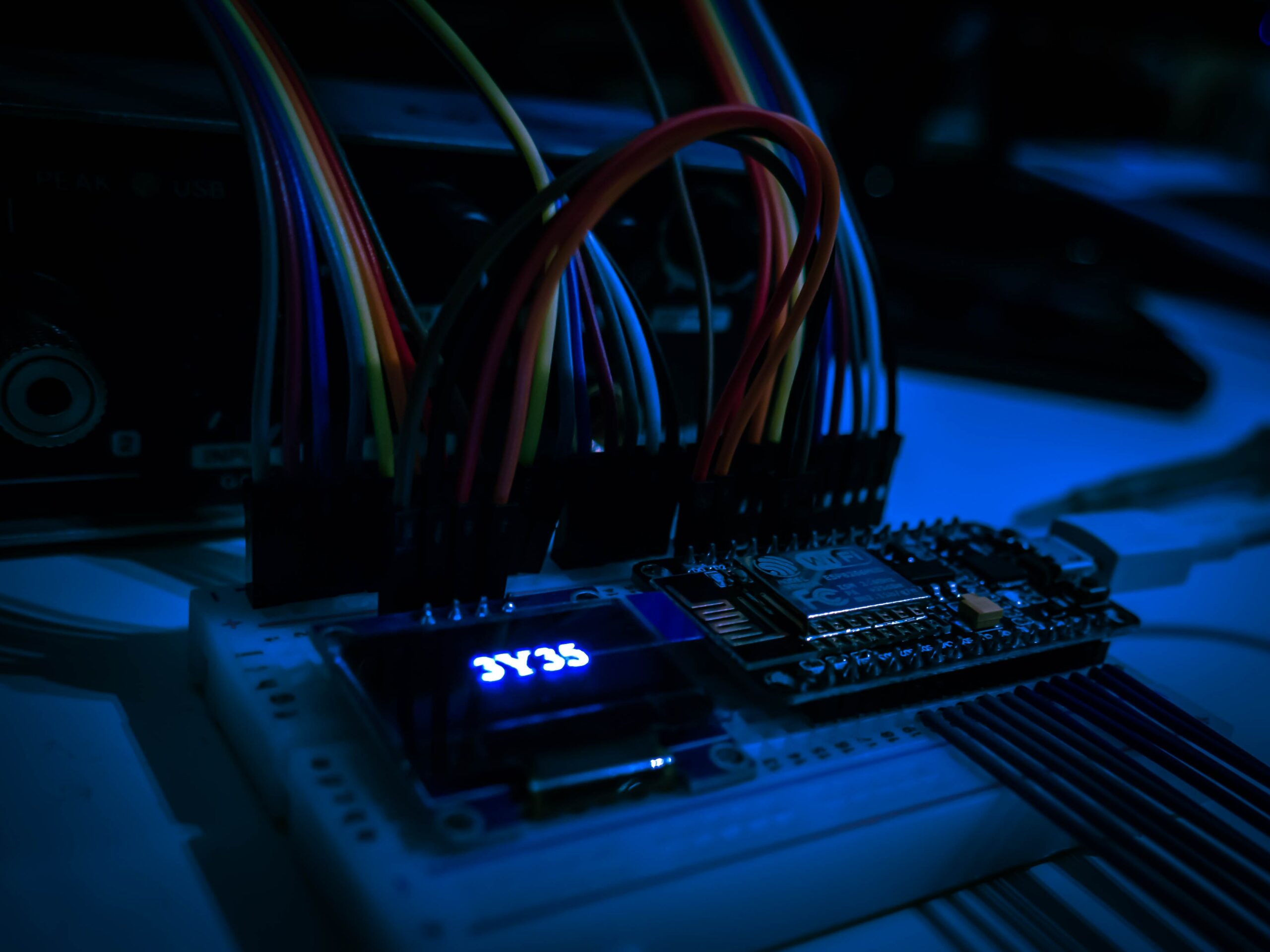The revolution in data protection
In the digital age we live in, data security has become one of the most pressing concerns for individuals, companies, and governments worldwide. With the exponential increase in online activities and data collection, the threat of cyberattacks has become more real than ever. Fortunately, there is a solution to the growing complexity of digital security: artificial intelligence (AI).
Cybersecurity Threats
Before we dive into the AI revolution in digital security, it is important to understand the dangers this discipline aims to address. Cyber attacks can range from a simple email account breach to a sophisticated attack on a corporate network. The consequences of such attacks can include theft of sensitive data, financial loss, reputation compromise, and, in some cases, national security implications.
In an interconnected world, it has become imperative to protect digital information, and AI is proving to be a powerful tool for doing so.
AI As Digital Guardian.
Artificial Intelligence, combined with Machine Learning, has opened new frontiers in digital security. Here's how AI is revolutionizing this field:
- Real-Time Threat Detection: AI algorithms can analyze large amounts of data in real time to detect suspicious behavior or anomalies. This helps prevent attacks before they can cause significant damage.
- Behavioral Analysis: AI can monitor user and device behavior to identify unusual changes. For example, if an employee starts downloading an unusual amount of data or accesses unauthorized resources, AI can flag this as a potential risk.
- Protection of Neural Networks: Companies are using AI to protect their neural networks. This is critical to ensure that communication networks between connected devices are safe from outside intrusion.
- Predictive Threat Analysis: AI can be trained to predict potential threats based on historical patterns and known behaviors. This allows organizations to prepare in advance and take preventive measures.
- Automatic Response to Attacks: In some cases, AI can also automatically respond to attacks, isolating or mitigating threats without human intervention.
- Continuous Learning: The AI can constantly learn from previous attacks, constantly improving its ability to defend itself against threats.
The Challenges and Concerns
Despite the obvious benefits, the use of AI in digital security raises some challenges and concerns. One of these is privacy. Constant monitoring of online activities can put individuals' privacy at risk. In addition, AI itself may become vulnerable to attacks.
Lack of appropriate regulation is another challenge. It is important for organizations to adopt AI responsibly and comply with data privacy regulations.
Conclusions
Artificial Intelligence is revolutionizing digital security, making it possible to protect data in a digitally interconnected world. AI offers a proactive response to cyber threats, detecting and mitigating attacks before they can cause significant damage. However, it is important to use this technology responsibly and consider the privacy implications. The combination of human intelligence and AI could be the key to effective digital security in the future.



